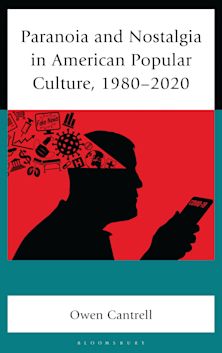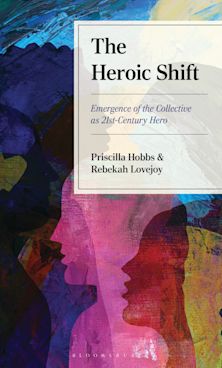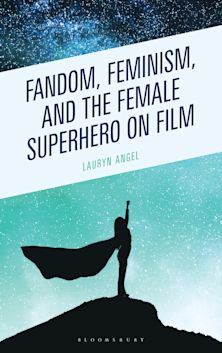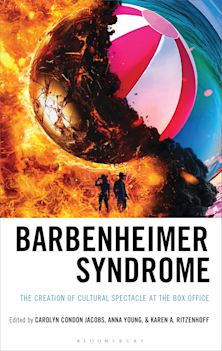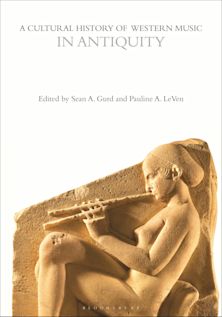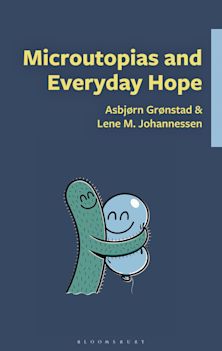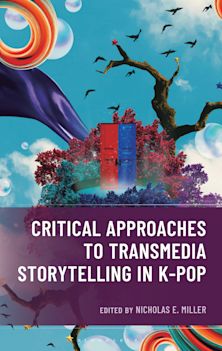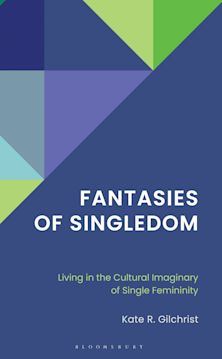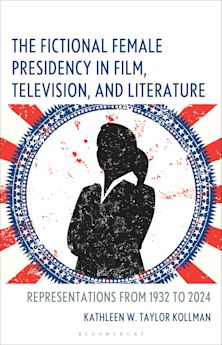Japanese Horror Culture
Critical Essays on Film, Literature, Anime, Video Games
Japanese Horror Culture
Critical Essays on Film, Literature, Anime, Video Games
This product is usually dispatched within 3 days
- Delivery and returns info
-
Free US delivery on orders $35 or over
Description
Contemporary Japanese horror is deeply rooted in the folklore of its culture, with fairy tales-like ghost stories embedded deeply into the social, cultural, and religious fabric. Ever since the emergence of the J-horror phenomenon in the late 1990s with the opening and critical success of films such as Hideo Nakata’s The Ring (Ringu, 1998) or Takashi Miike’s Audition (Ôdishon, 1999), Japanese horror has been a staple of both film studies and Western culture. Scholars and fans alike throughout the world have been keen to observe and analyze the popularity and roots of the phenomenon that took the horror scene by storm, producing a corpus of cultural artefacts that still resonate today. Further, Japanese horror is symptomatic of its social and cultural context, celebrating the fantastic through female ghosts, mutated lizards, posthuman bodies, and other figures. Encompassing a range of genres and media including cinema, manga, video games, and anime, this book investigates and analyzes Japanese horror in relation with trauma studies (including the figure of Godzilla), the non-human (via grotesque bodies), and hybridity with Western narratives (including the linkages with Hollywood), thus illuminating overlooked aspects of this cultural phenomenon.
Table of Contents
Part 1: National Traumas and Repressions
Chapter 1: The Ghost of Imperialism: Japan's Forgotten Horrors in the Shadow of Sadako. Calum Waddell
Chapter 2: A Modern Monster: Shin-Godzilla and its Place in the Discourse Concerning 3.11 and National Resilience. Barbara Greene
Chapter 3: Cultural Trauma, Cross-Flow of Aesthetics, and the Child: A Comparison between Ringu and The Ring. Bipasha Mandal
Chapter 4: Space, Smoke and Mirrors: The Frightening Ambiguity of Ju-On: Origins (2020). Daniel Krátký
Chapter 5: “The Dead Speak: Horror and the Modern Ghost in Eiji Otsuka's The Kurosagi Corpse Delivery Service. Megan Negrych
Part 2: Posthuman Monsters and Grotesque Bodies
Chapter 6: “Love in a Chair”: Industrialization and Exploitation Edogawa Rampo's “The Human Chair” and Junji Ito's Manga Adaptation. Leonie Rowland
Chapter 7: The Monstrous Feminine in Mari Asato's J-Horror Films. Canela Ailén Rodriguez Fontao and Mariana Zárate
Product details
| Published | Aug 29 2023 |
|---|---|
| Format | Paperback |
| Edition | 1st |
| Extent | 242 |
| ISBN | 9781793647078 |
| Imprint | Lexington Books |
| Dimensions | 9 x 6 inches |
| Series | Research in Horror Studies |
| Publisher | Bloomsbury Publishing |
Reviews

ONLINE RESOURCES
Bloomsbury Collections
This book is available on Bloomsbury Collections where your library has access.













